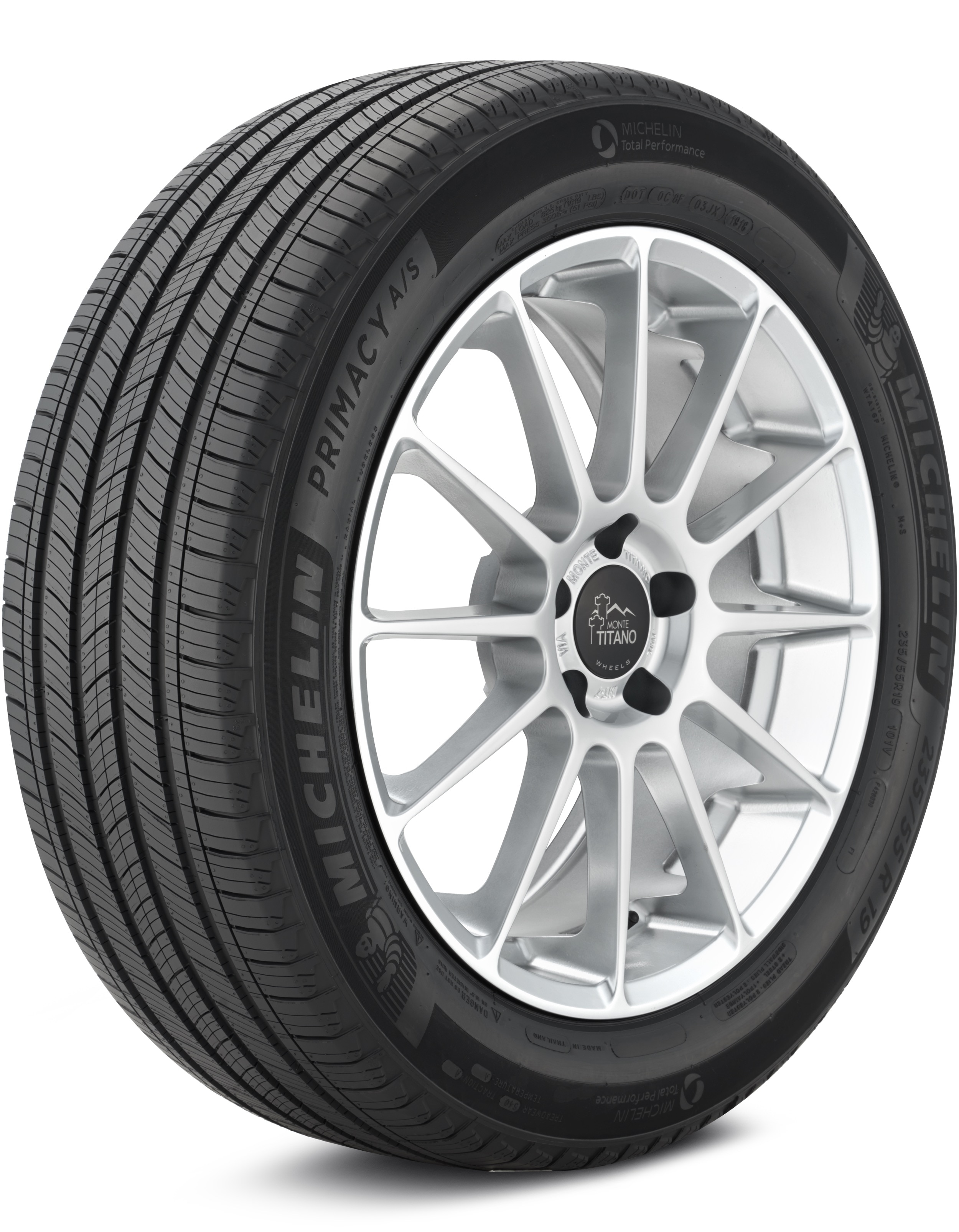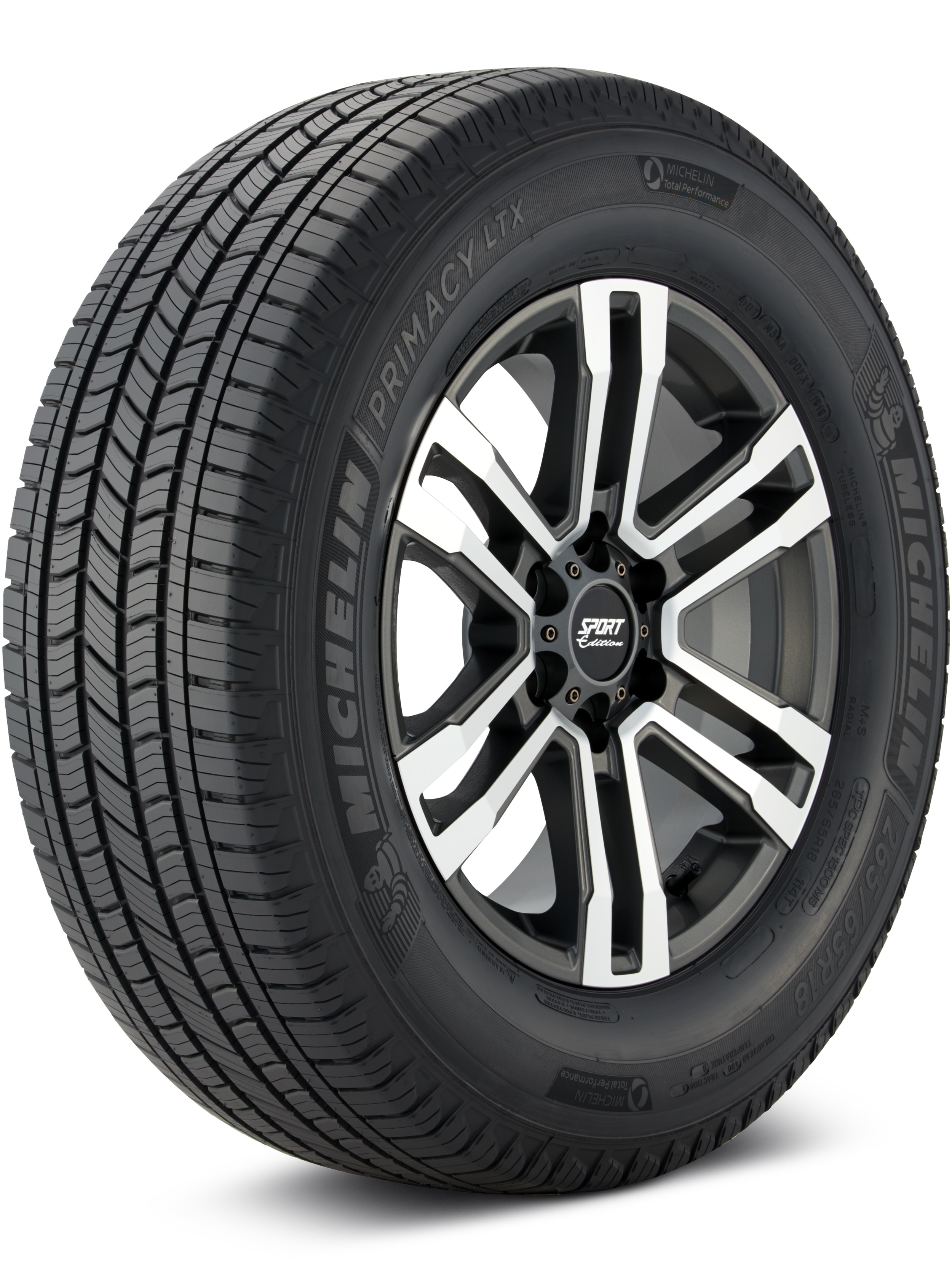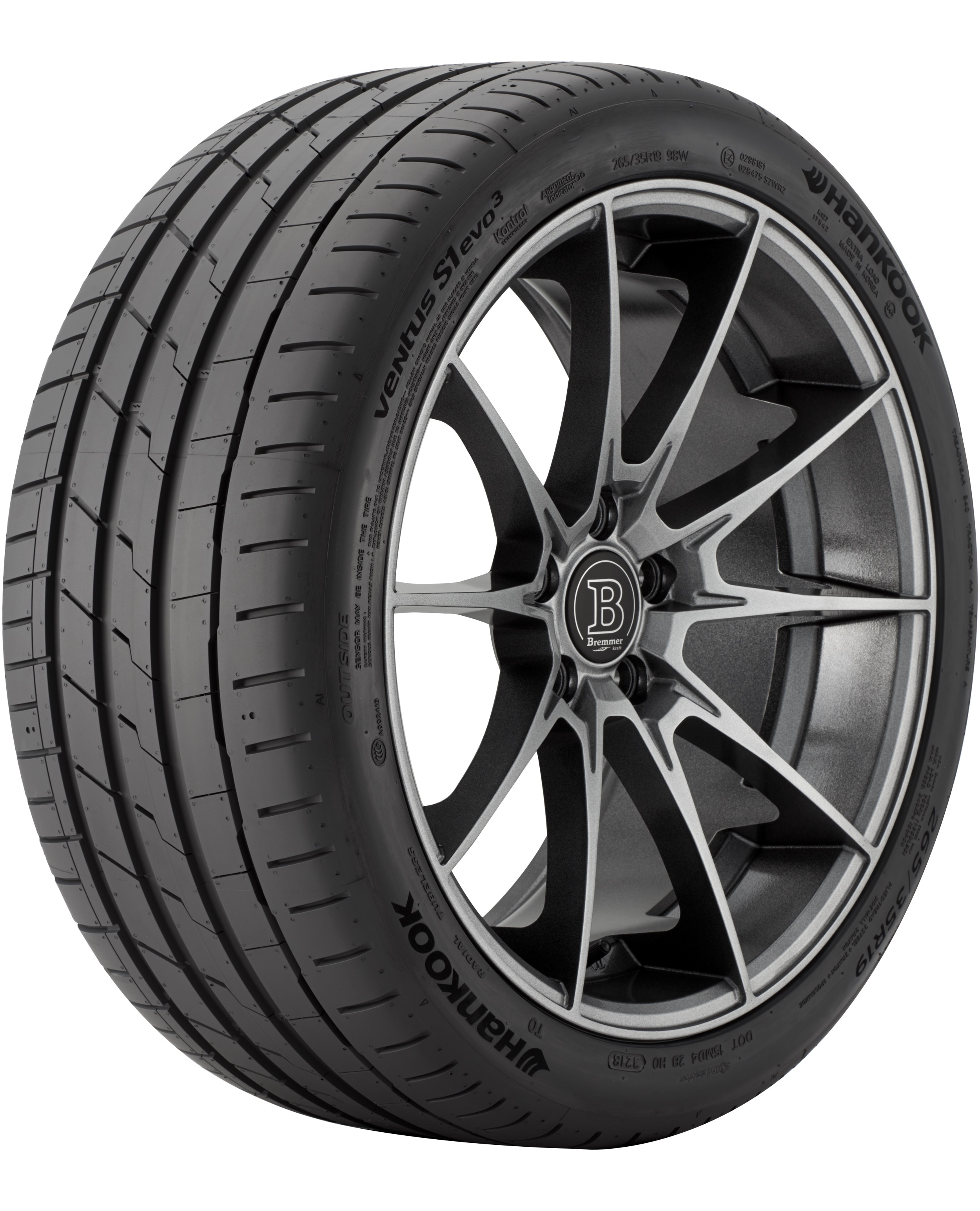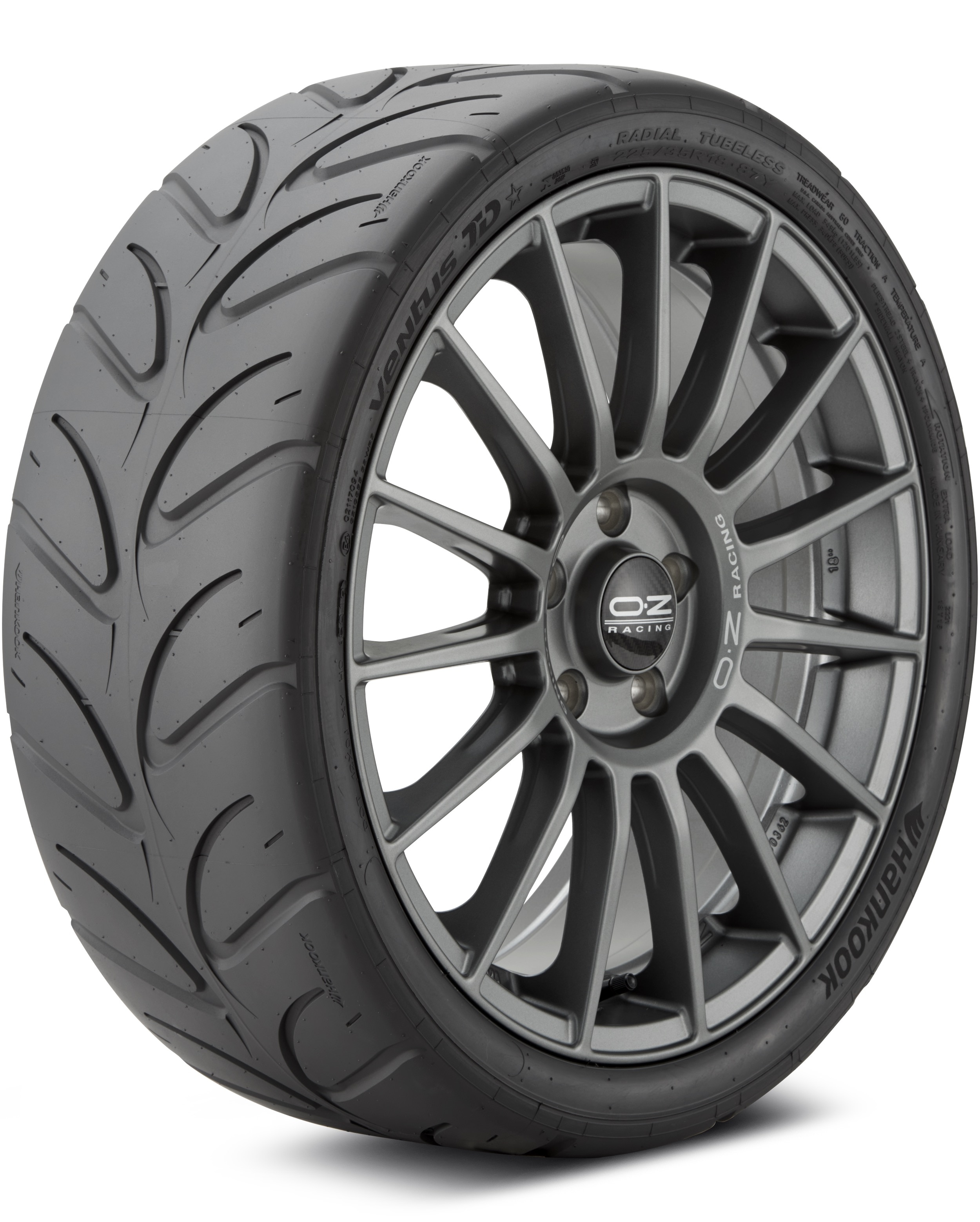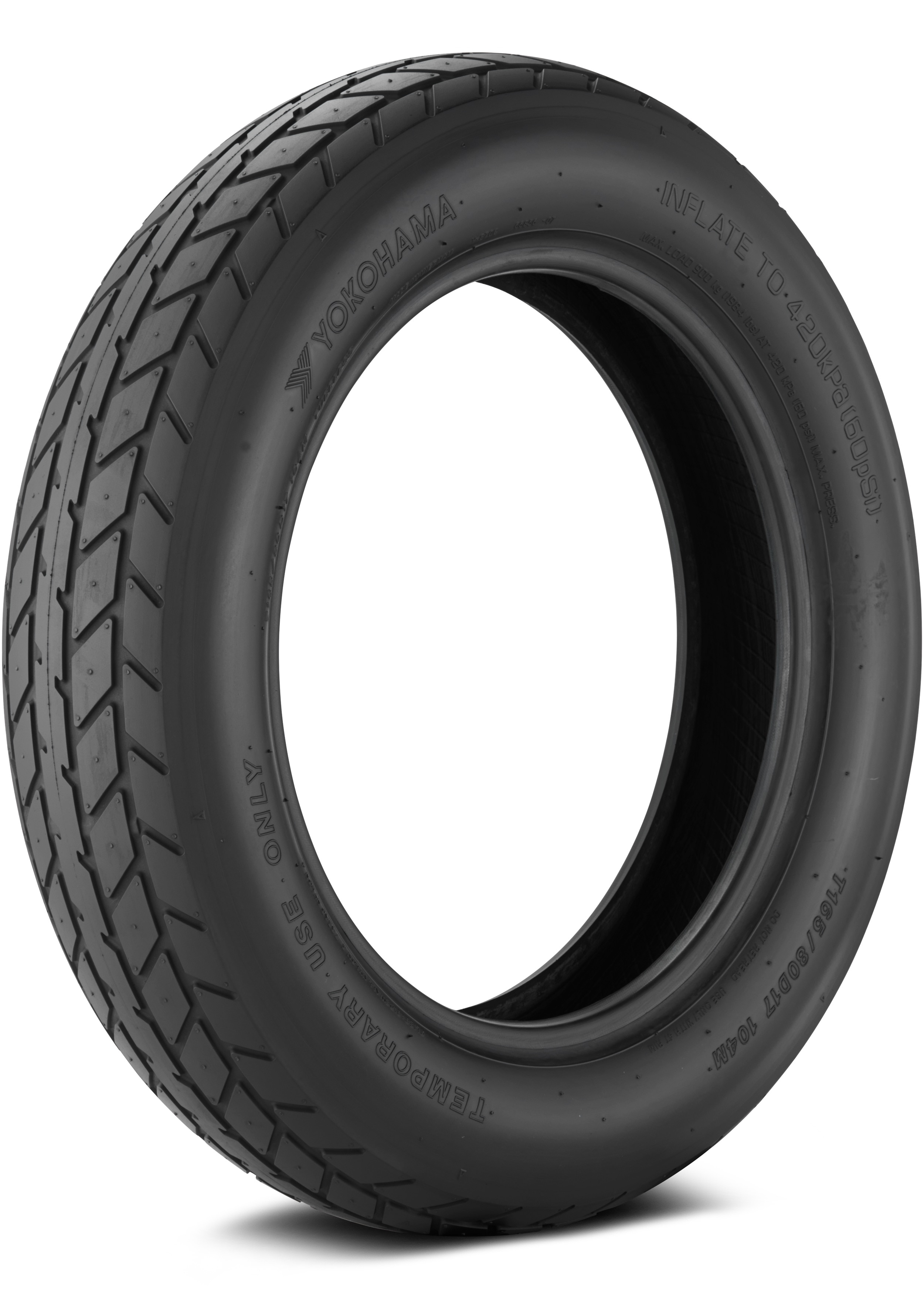Wheels are essential parts of our cars. Without its wheels, your car is worthless. Your car’s wheels serve an important purpose in how it drives and their aesthetic appeal. For passenger and commercial vehicles, wheels come in various sizes and designs.
If your vehicle currently has 17 inches wheels, you may be considering upgrading to 18 inches. But will the 18 inches wheels offer you a better ride quality compared to the 17 inches wheels? Continue reading this article to find out.
17 vs. 18-inch Wheels: Ride Quality
To begin with, what do we mean when we refer to “riding quality”? Generally speaking, we’re discussing comfort when driving.
High or outstanding ride quality refers to your comfort while driving; you don’t notice minor road imperfections like potholes, and larger issues only result in mild vibrations inside the cabin. On the other hand, poor ride quality makes you feel every bump and difference in the texture of the road, making you uneasy and unsteady when driving.
A benefit of 17-inch wheels over 18-inch wheels is that they will provide a more comfortable ride. The 17-inch wheels will feel smoother than the 18-inch wheels, which will feel rougher because there is more tire wall to absorb potholes and bumps.
To determine whether this is a significant consideration, consider the kind of roads you’ll be using. If you spend most of your time on decent roads, 18-inch alloy wheels with a thinner sidewall will probably not cause any problems. However, if you routinely travel over uneven terrain or country lanes, you’ll love how 17-inch wheels feel. They are also less prone to blow out owing to a pothole, thanks to the increased sidewall height.
Now check out the best deals for 17 inch
17 vs. 18-Inch Wheels: Other Differences
The table below summarizes the other differences between the 17 and 18 inches wheels
| 17-Inch Wheels | 18-Inch Wheels |
| Less aesthetic appeal | More aesthetic appeal |
| Reduced road noise | Increased road noise |
| High profile tires | Low profile tires |
| Less costly | costly |
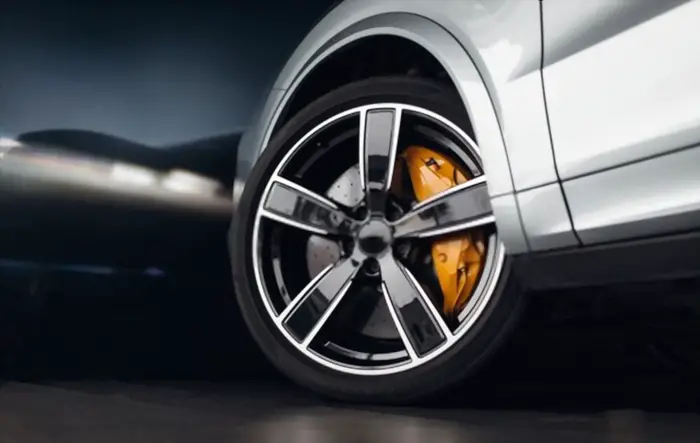
Appearance
In terms of aesthetics, the 18-wheels will have a better aesthetic appeal.
Larger wheels are popular among car owners for various reasons, among them aesthetics.
Tires aren’t the most attractive component of a car compared to wheels. Therefore, an automobile looks finer with larger wheels and low-profile tires. Because they appear more expensive, manufacturers can get away with adding larger wheels to higher trim levels or offering them as upgrades.
Noise Level
Regarding the noise level, the 17-inch wheels produce less noise.
Smaller wheels fitted with high-profile tires tend to be less noisy than larger wheels with lower-profile tires. Larger tires place more rubber between the road and the occupants of the vehicles, reducing road noise.
Fuel Consumption
Although the larger wheels are slightly less fuel-efficient, switching from 17′′ to 18′′ wheels is not likely to result in a noticeable drop in fuel economy.
Larger wheels are heavier; thus, more fuel will be required to move the vehicle the same distance at the same speed.
Performance
Some motorists seek out bigger wheels to improve their vehicles’ performance. While using 18-inch alloy wheels rather than 17-inch ones can enhance cornering and stability, the added weight may detract from performance. But if you compare a 17-inch tire with a 16-inch tire, the performance is almost the same.
Price
If you shop for them, you’ll notice that the 18-inch versions of aftermarket wheels are always more expensive than the 17-inch ones. A set of 18′′ wheels typically costs between $100 and $200 more than a set of 17′′ wheels. Additionally, tires that fit 17-inch alloy wheels rather than 18-inch wheels cost $10 to $20 less per tire.
17 and 18-Inch Wheels: Which One Should You Go For?
The wheel size to go for when selecting between the 17 and 18-inch wheels will be determined by your driving requirement and preference.
If you are looking for aesthetically appealing wheels and drive more on decent roads, the 18-inch wheels will be your best option. These wheels will also offer better handling and stability in the sharp corners and allow you to fit tires with lower profiles.
On the other hand, the 17-inch wheels will be your best bet if your primary concern is your ride’s comfort and the wheels’ price. The wheels will also lead to reduced road noise and ensure better fuel economy.
I’ve already mentioned the best 17-inch tires. However, if you still want to purchase 18 inch tire check the below products.
The differences between 16, 17 and 18-inch WINTER Tyres Tested and Explained! (Videos)
Frequently Asked Questions (FAQ)
What Does “Riding Quality” Mean?
The ability of a vehicle to shield its occupants from irregularities in the road surface is referred to as ride quality. A car with enhanced ride quality offers comfort to the driver and his passengers.
Which Tires Provide a More Comfortable Ride?
Touring tires are thought to provide the smoothest ride. High-performance tires can also reduce road noise.
Does a Tire Size Impact Ride Quality?
Generally speaking, larger tires will provide more stability and handling, while small tires will give you a smoother ride at the cost of some handling.
Is the Ride Smoother with New Tires?
An advantage of new tires is the way they can make you feel. Long travels benefit significantly from the smoother ride that new tires featuring deeper tread patterns and designs offer the driver. In comparison to old tires, new tires are also quieter.
Do Wider Tires Ride Better?
Overall, bigger tires are better for high-performance vehicles on dry surfaces. Greater surface area enables more traction on a daily basis.
Why is my Car so Sensitive to Road Imperfections?
It is evident that there is an issue with your struts or shock absorbers and that it is time to have them checked if you start to feel every bump in the road. The bounce test is a simple way to check. Press down with your entire weight on the bonnet of your car. When you let go, tally how many times the vehicle bounces.
Is smaller rim more comfortable?
yes, smaller rim more comfortable more than bigger rims. smaller rims/tire gives you better mileage.
17 vs. 18-inch Wheels Ride Quality: Final Take
Ride quality is the ability of a vehicle to shield its occupants from irregularities in the road surface. When comparing the ride quality of 17 and 18-inch wheels, the 17-inch wheels offer a superior ride quality. However, you are unlikely to notice the difference in the ride quality if you purchase the 18-inch wheels and use them on a decent road.

